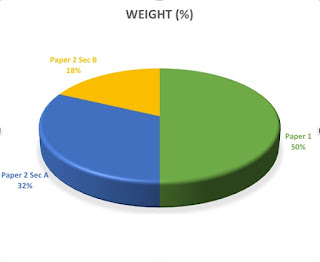Many candidates registered to re-sit for Zimsec O and A Level subjects because some people were speculating that Zimsec will not accept external candidates to sit for new curriculum exams.
All formal schools have since adopted the new curriculum for form 1, 3 and 5 and following the new syllabuses. From the look of things , there is no turning back on the new curriculum and you need to know the conditions for external candidates if you are planning to re-sit for exams.
Firstly, there is no way Zimsec will do away with private candidates since they contribute a lot of revenue especially in June Exams. They will risk losing revenue to other international and foreign exam bodies like Cambridge IGCE and NSC. They, however, have conditions for external conditions although it's not yet very clear at the moment.
There will be a program called Adult Education which will be available in many schools where external candidates will be able to write coursework through qualified teachers. Teachers will slot the lessons probably after school hours. The process will obviously take two years since tasks have two years time frame.
For those who fail after they have completed two years coursework, they are able to re-sit for the exam using the same coursework marks. This means they will have 5 chances to write the exam with the same coursework
All formal schools have since adopted the new curriculum for form 1, 3 and 5 and following the new syllabuses. From the look of things , there is no turning back on the new curriculum and you need to know the conditions for external candidates if you are planning to re-sit for exams.
Firstly, there is no way Zimsec will do away with private candidates since they contribute a lot of revenue especially in June Exams. They will risk losing revenue to other international and foreign exam bodies like Cambridge IGCE and NSC. They, however, have conditions for external conditions although it's not yet very clear at the moment.
There will be a program called Adult Education which will be available in many schools where external candidates will be able to write coursework through qualified teachers. Teachers will slot the lessons probably after school hours. The process will obviously take two years since tasks have two years time frame.
For those who fail after they have completed two years coursework, they are able to re-sit for the exam using the same coursework marks. This means they will have 5 chances to write the exam with the same coursework


